To provide the best experiences, we use technologies like cookies to store and/or access device information. Consenting to these technologies will allow us to process data such as browsing behaviour or unique IDs on this site. Not consenting or withdrawing consent, may adversely affect certain features and functions.
The technical storage or access is strictly necessary for the legitimate purpose of enabling the use of a specific service explicitly requested by the subscriber or user, or for the sole purpose of carrying out the transmission of a communication over an electronic communications network.
The technical storage or access is necessary for the legitimate purpose of storing preferences that are not requested by the subscriber or user.
The technical storage or access that is used exclusively for statistical purposes.
The technical storage or access that is used exclusively for anonymous statistical purposes. Without a subpoena, voluntary compliance on the part of your Internet Service Provider, or additional records from a third party, information stored or retrieved for this purpose alone cannot usually be used to identify you.
The technical storage or access is required to create user profiles to send advertising, or to track the user on a website or across several websites for similar marketing purposes.
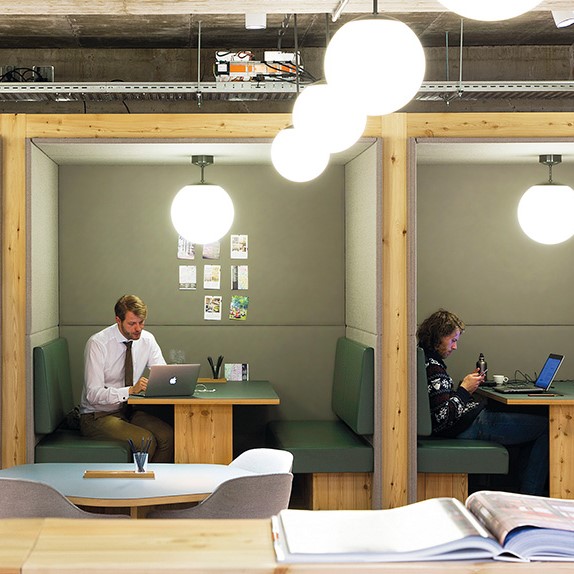 Having disrupted the property sector over the last decade, coworking continues to impact investors, developers and end users as the concept appears to be the dominant force in the commercial sector. Coworking can trace its roots back as far as the 1980s when Regus (now part of IWG) popularised the idea of a serviced office, by taking on leases of office buildings, subdividing the available space and leasing it out to small business, fully furnished and ready to rent. (more…)
Having disrupted the property sector over the last decade, coworking continues to impact investors, developers and end users as the concept appears to be the dominant force in the commercial sector. Coworking can trace its roots back as far as the 1980s when Regus (now part of IWG) popularised the idea of a serviced office, by taking on leases of office buildings, subdividing the available space and leasing it out to small business, fully furnished and ready to rent. (more…)






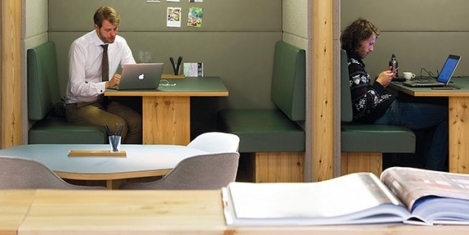










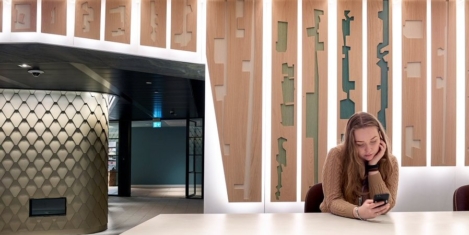
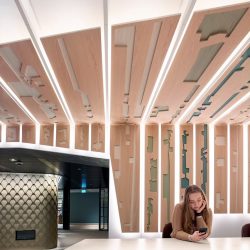






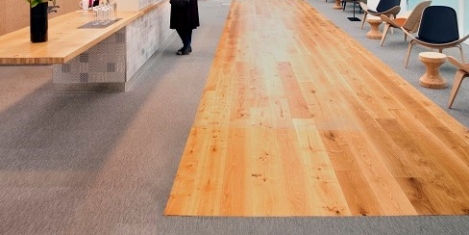










June 20, 2019
The case for a shorter working week
by Shainaz Firfiray • Comment, Wellbeing